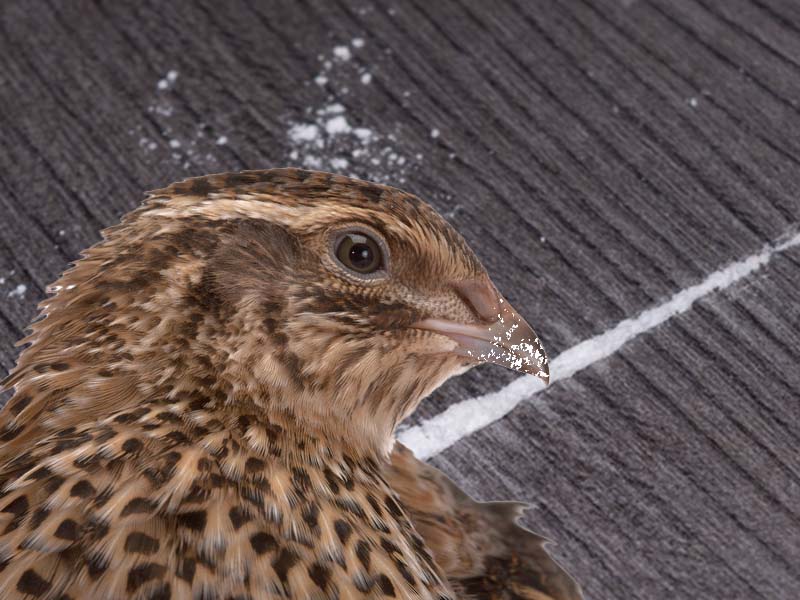LEXINGTON, Ky. — A new study exploring the effects of cocaine on state-dependent learning and sexual conditioning in male Japanese quail has revealed significant links between drug use and increased sexual motivation, with findings suggesting parallels to human risk behaviors.
The study was conducted by the federally funded National Institute of Health and has come under scrutiny from Elon Musk, the head of America’s new Department Of Government Efficiency (D.O.G.E). The study was funded by a $1 million federal allocation.
Researchers at the University of Kentucky investigated how cocaine altered learning and sexual behavior in quail through a 14-day experiment, employing a Pavlovian conditioning paradigm that paired light cues with opportunities for mating. Male quail were divided into groups receiving either cocaine or saline during training, followed by a 10-day withdrawal period and subsequent testing to assess the impact of drug-state shifts on sexual conditioning.
Results indicated that quail trained and tested in the same drug state — either cocaine or saline — demonstrated stronger conditioned sexual behaviors than those whose drug state was altered between training and testing. Notably, even quail previously exposed to cocaine maintained heightened sexual responses when switched to saline during testing, a finding that may reflect cocaine’s enduring effects on sexual motivation.
“Male quail that received repeated cocaine administration during the training phase demonstrated more conditioned approach behavior to the light cues predicting a mating opportunity,” the study noted, adding that chronic cocaine exposure appeared to override the state-dependent learning effects observed in other test groups.
The research highlights how drug-induced physiological states can enhance learning and motivation, with implications for understanding risky sexual behaviors linked to cocaine use in humans. The findings align with existing studies on the association between cocaine use, multiple sexual partners, and unprotected sex.
Repeated cocaine exposure heightened sexual conditioning in male quail, offering insight into the drug’s role in risky behavior.

